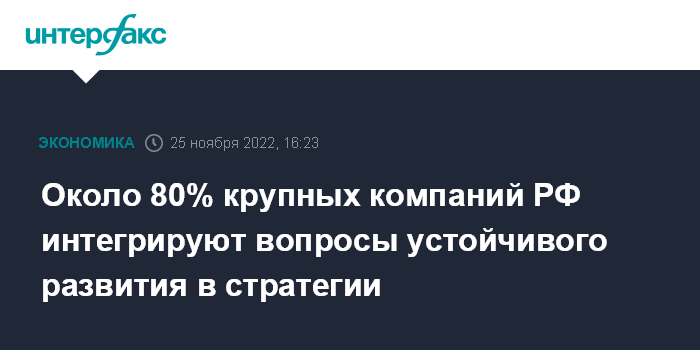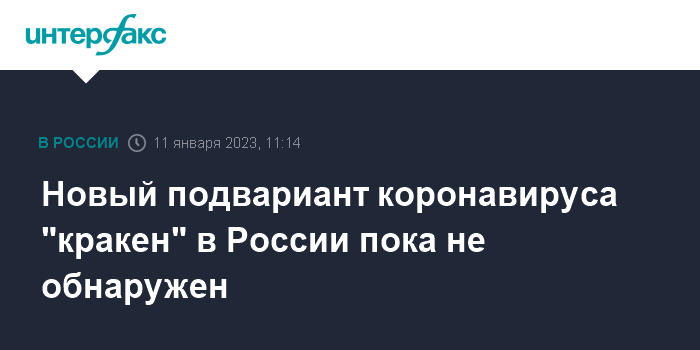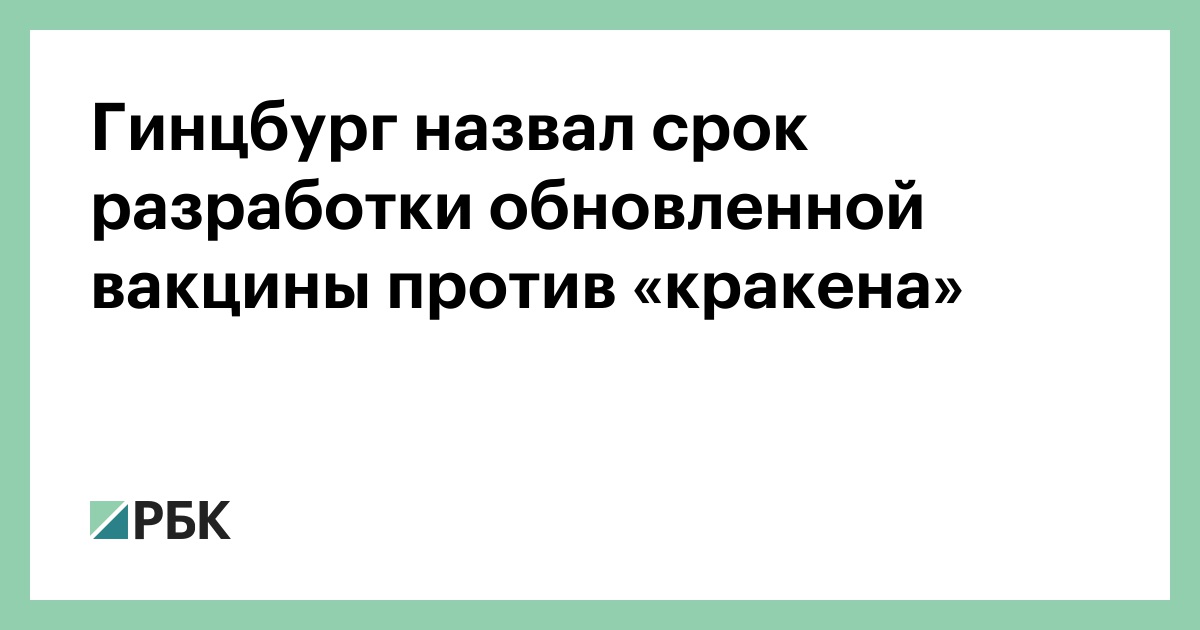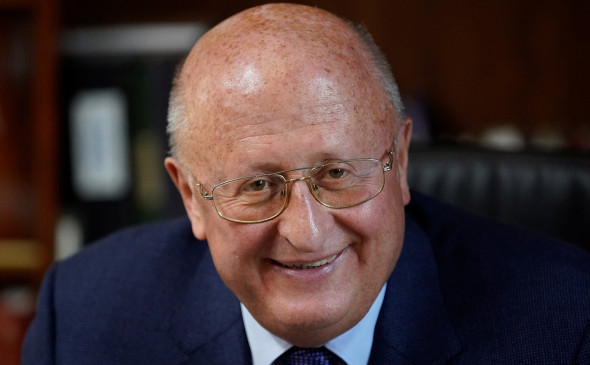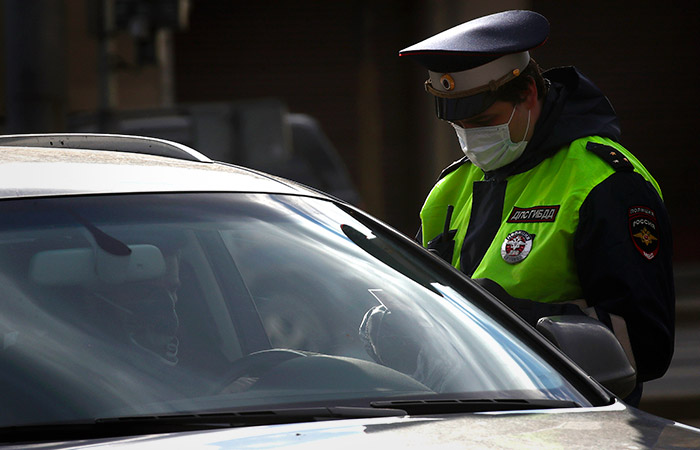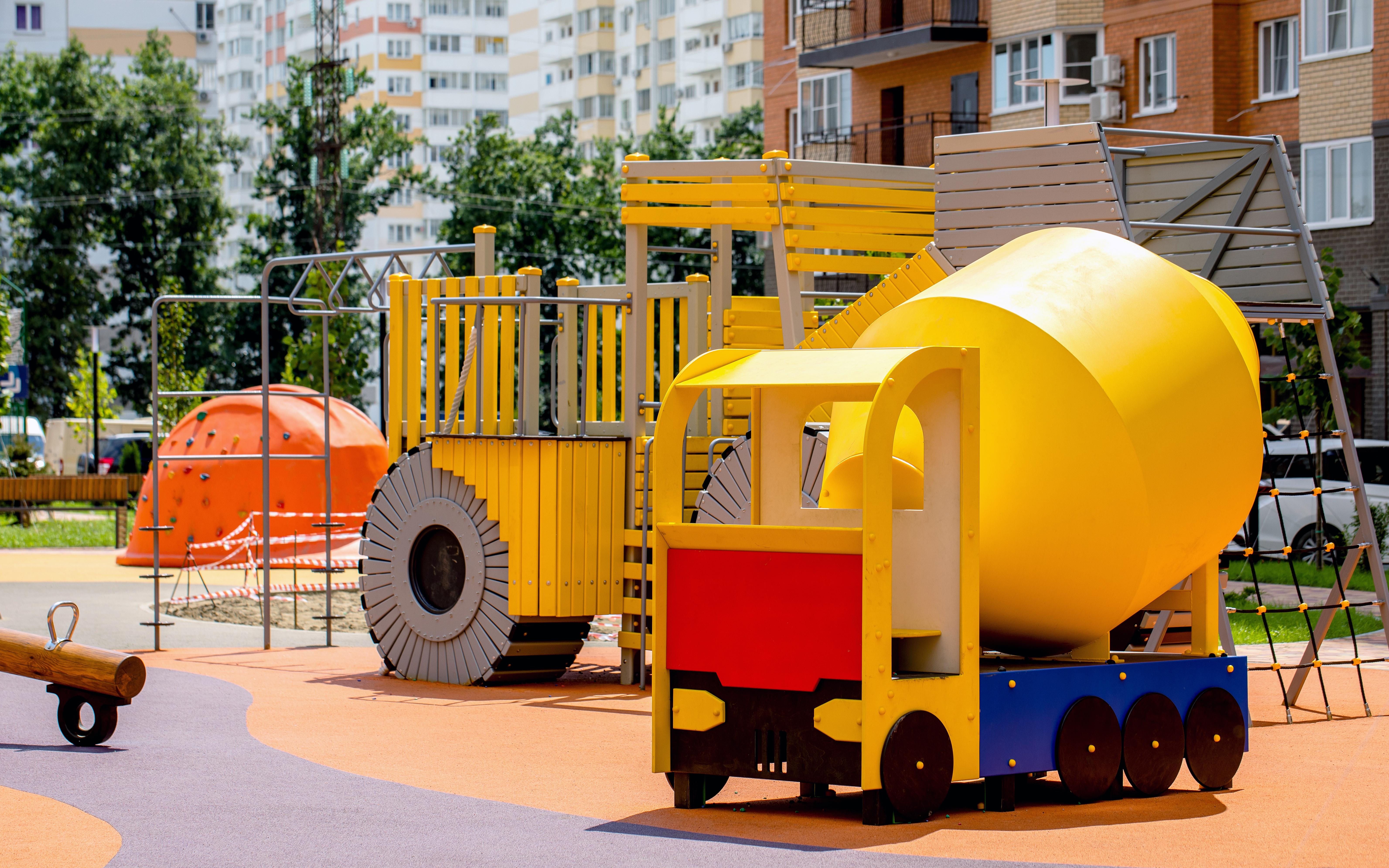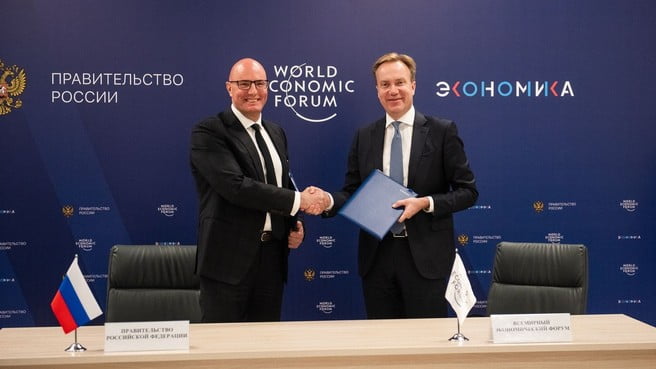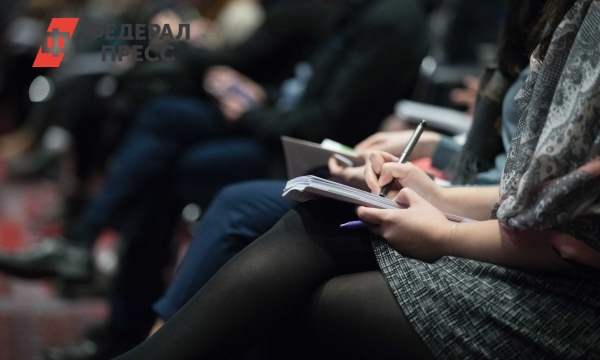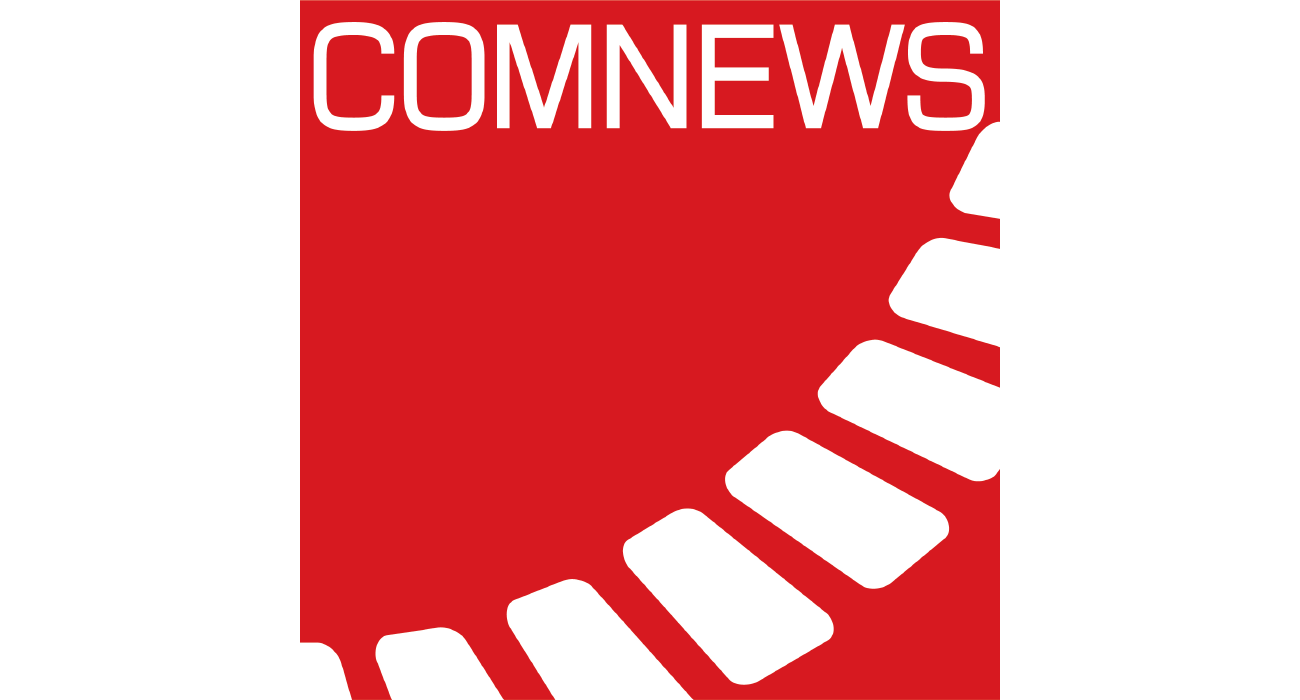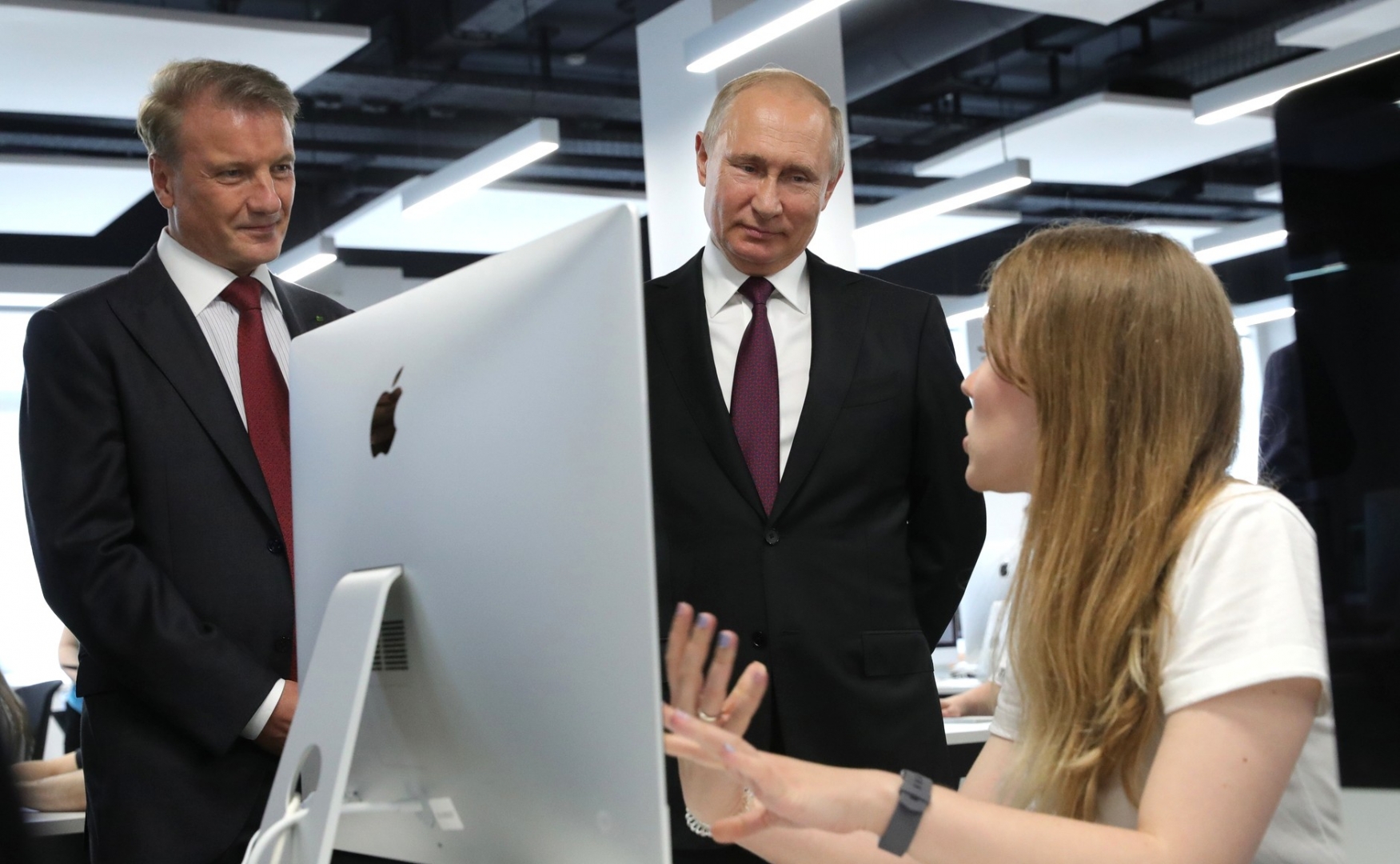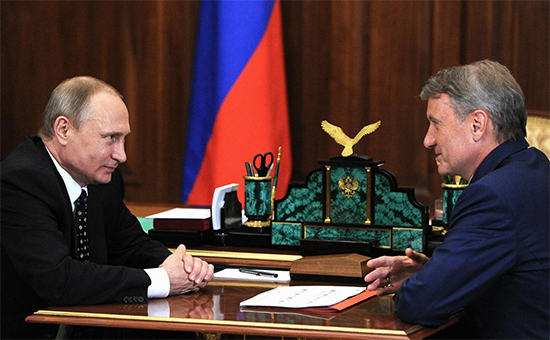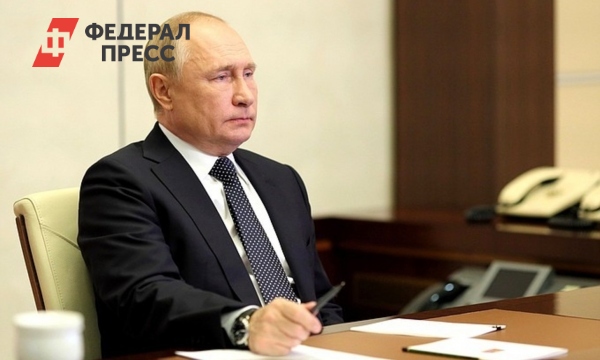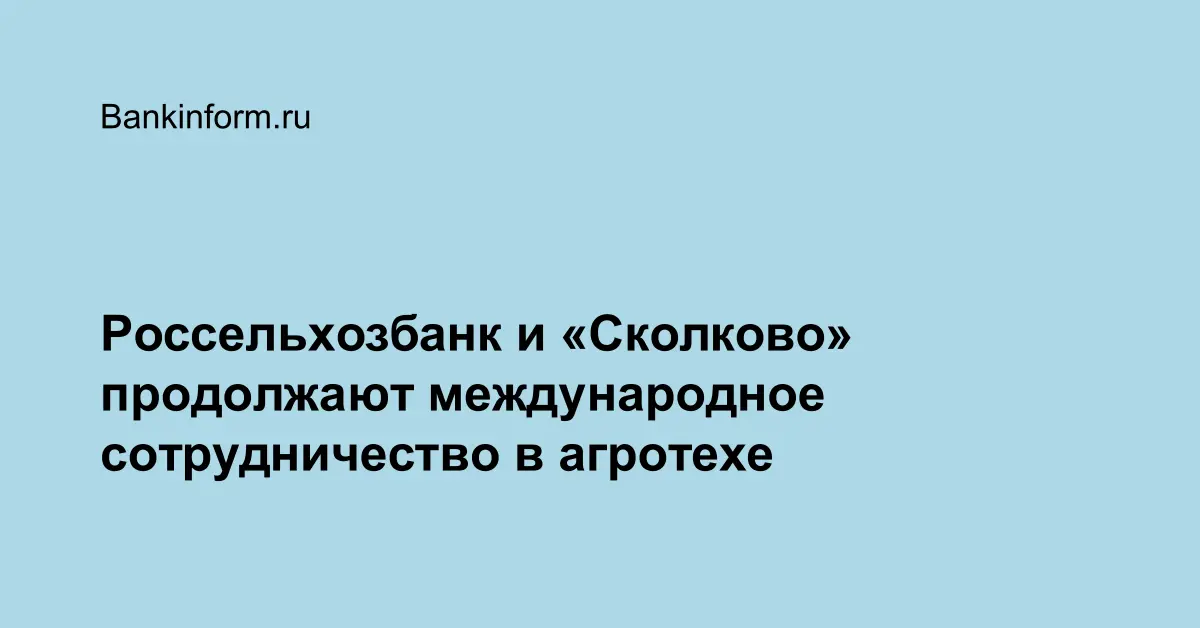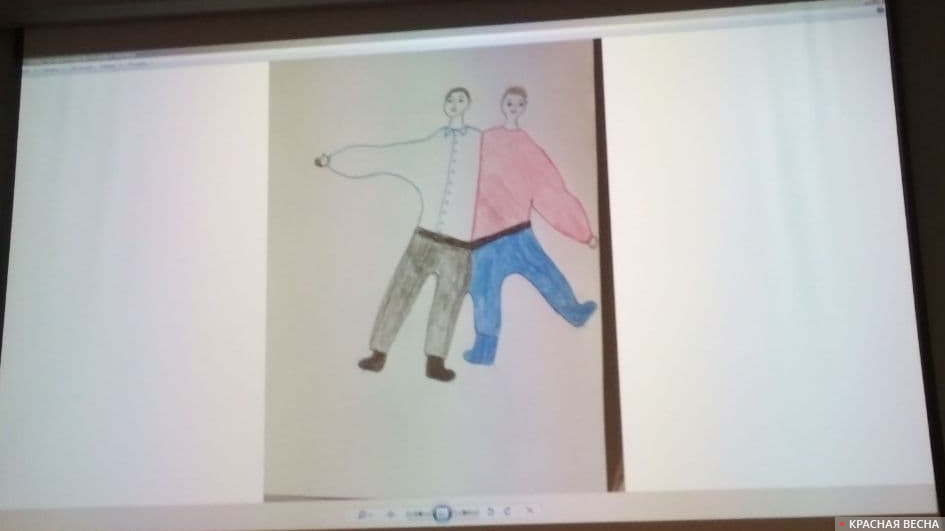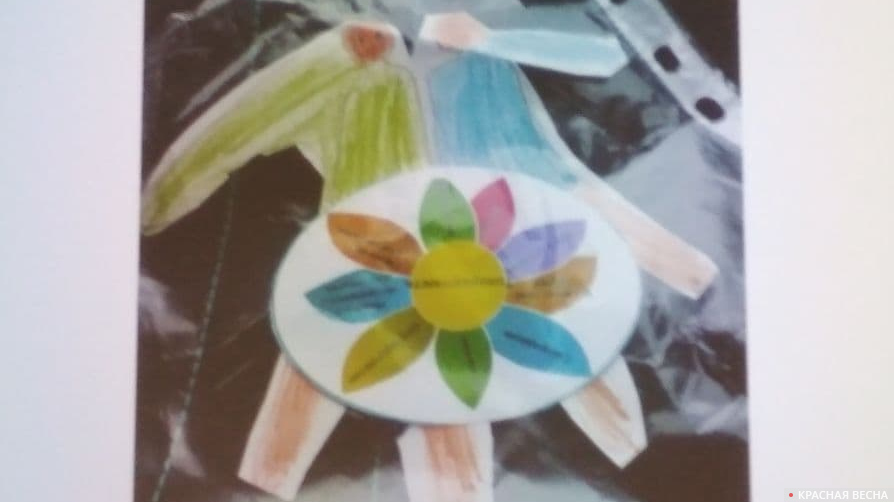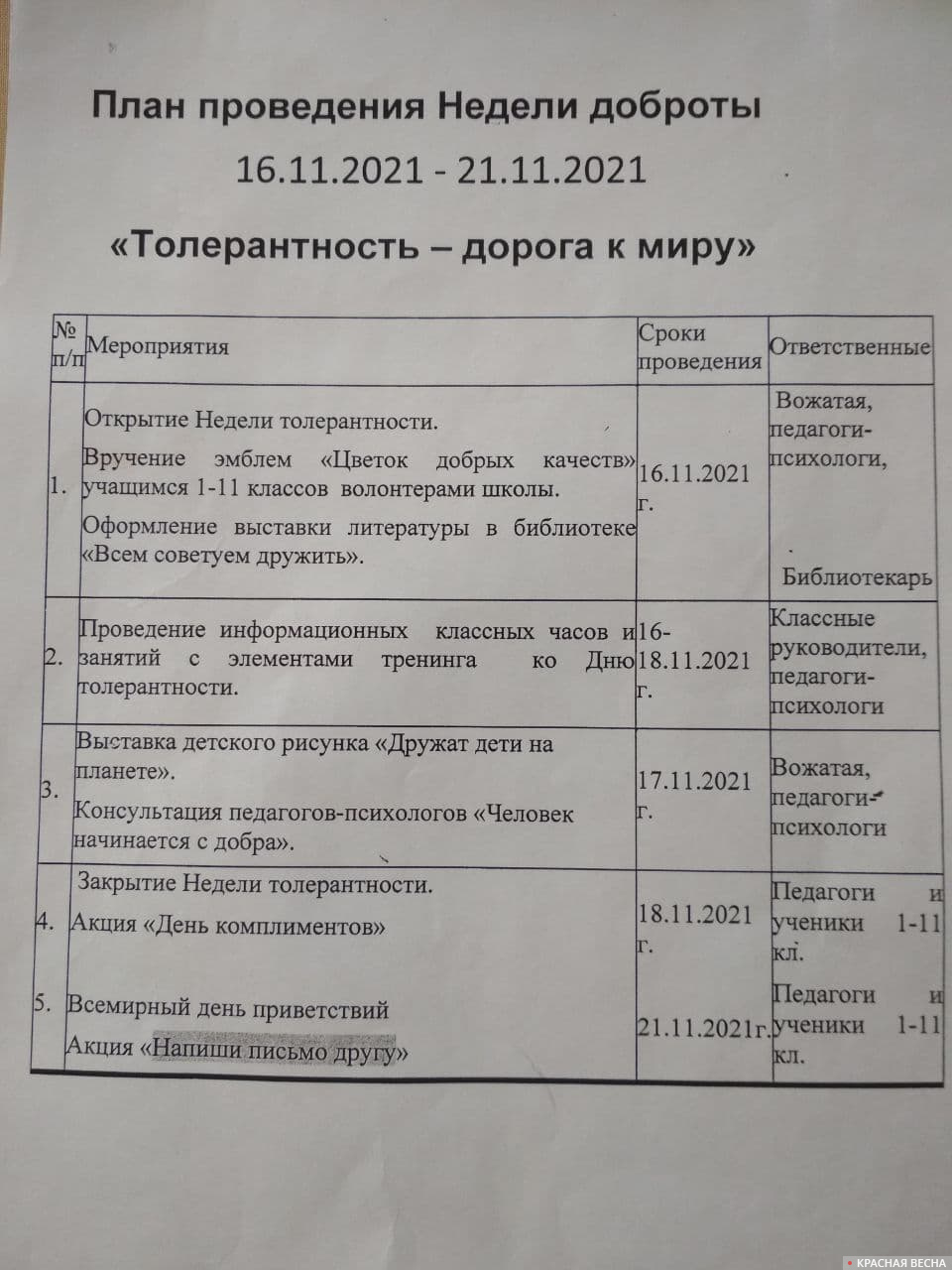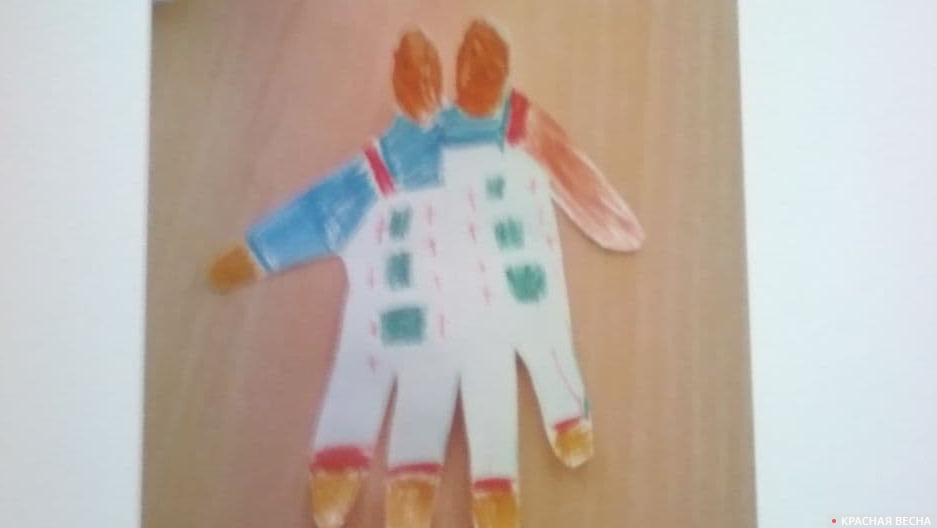Lalas
Star
- Joined
- Nov 8, 2022
- Messages
- 2,129
Chamber of Commerce and Industry of the Russian Federation
 Ilya Zubkov: ESG agenda and sustainable business development are still relevant
Ilya Zubkov: ESG agenda and sustainable business development are still relevant
17.11.2022
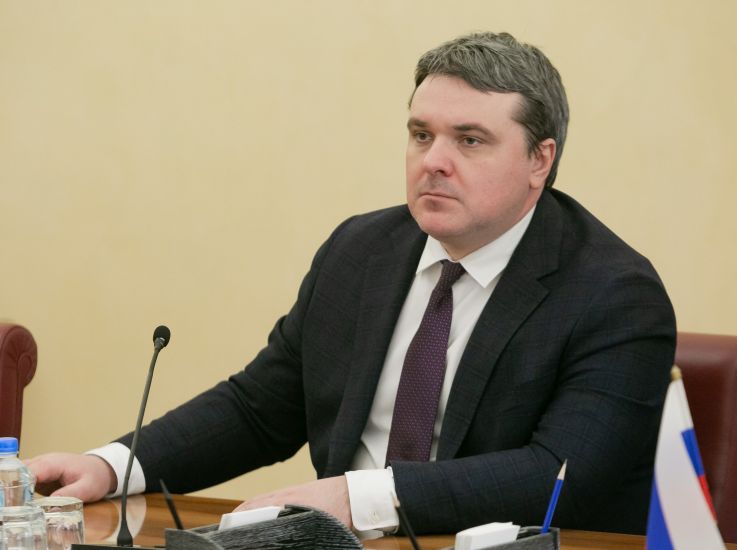
The Chamber of Commerce and Industry of the Russian Federation continues to pay increased attention to the ESG agenda and issues of sustainable business development. It is important to make this process conscious and manageable for entrepreneurs. To do this, it is necessary to form an infrastructure, a set of tools and help experts and company managers to implement them into business processes, said Ilya Zubkov, Director of the Department of Regional Development of the CCI of the Russian Federation.
Today, each region strives to create its own rating and evaluation of enterprises, promising some preferences in return. Large customers, including state-owned companies, make demands on suppliers, credit organizations check companies by ESG metrics. This is not counting the unstable economic situation, sanctions, disruption of supply chains, short-term employees and import substitution tasks that companies face today.
At the same time, the issues of sustainable development remain relevant and, in many ways, leading. But they should not become "punitive" or an additional burden. On the contrary, it should become a support and support, a reference point and a point of a single field for employees and, most importantly, managers of different levels. Our task is to make this process conscious and manageable for entrepreneurs. And to do this, we need to create an infrastructure, a set of tools and help experts and business leaders implement it into business processes.
The path of the CCI of the Russian Federation in the field of sustainable development began in October 2020 when the Council of the CCI of the Russian Federation for Sustainable Business Development, Corporate Social Responsibility and Volunteerism was established in partnership with Rosatom State Corporation and the Association of Volunteer Centers. It includes more than 50 large business enterprises, leading universities and NGOs, and the largest Russian media. The expert community consists of more than 150 people. The Board is headed by Tatiana Terentyeva, Deputy General Director for Personnel of Rosatom State Corporation. In December 2021, a meeting of the Council was held with the participation of Deputy Head of the Presidential Administration of the Russian Federation Sergey Kiriyenko. In September of this year, the composition of the Council was updated. Today it is the largest and most open industry community in the field of sustainable development in the country. The main attention of the Council is paid to the main capital of any company – people, and everyone who is in the perimeter of the company – employees and their family members, former employees, buyers, suppliers and contractors, local communities (residents of the territory of the company's presence).
In 2021, the Committee of the Chamber of Commerce and Industry of the Russian Federation for the Development of a Closed-loop Economy was established under the chairmanship of Andrei Lugovoy, Deputy of the State Duma of the Federal Assembly of the Russian Federation. The Committee included representatives of business structures, the scientific community, associations of specialized enterprises. The colleagues focus not only on legislative changes, but also on solving practical issues of implementing the national project "Ecology" and promoting the creation of an industry for the disposal of waste containing useful fractions.
Thus, our focus is on the human capital and material resources of the company. Both in a crisis situation are the very potential that the organization can use to rebuild itself.
Of course, it was planned to do a little more work this year, but objective reasons shifted the focus to individual aspects, rather than the infrastructure of sustainable development. Nevertheless, it is the regional CCI that have become the drivers of the agenda in all corners of the country. Public associations have been established on the basis of the chambers. They bring together regional specialists, business representatives, and the scientific community. On the one hand, this allows colleagues to exchange experience among themselves, on the other – to form proposals for regulatory changes.
Chambers initiate or become co-organizers and together with regional authorities hold thematic forums. It is the Chambers of Commerce and Industry that have become the bridge that helps to implement the federal agenda in the regions, and regional business, effectively working with local authorities.
This is one of our tasks – the organization of a two-way road. On the one hand, it is the formation of the agenda at the federal level and its adaptation in the regions, and on the other – the identification of the best regional practices, their presentation and popularization.

 www.company.rt.ru
The first digital microdistrict appeared in Chita
www.company.rt.ru
The first digital microdistrict appeared in Chita
22.12.2022
More than 500 new settlers of the Chita microdistrict "Good" became the first residents of digital apartment buildings in the Trans-Baikal Territory. Rostelecom and the Atoll construction company have implemented Rostelecom there. Key" is a digital service that includes "Smart intercom", "Smart barrier", complex video surveillance and a new service for residents of Chita "Smart meters".
In December 2020, the operator and the developer signed an agreement under which Rostelecom built optical lines and connected the residential complex to modern communication services. In the Trans—Baikal Territory, the Smart Meters service was first introduced in the Good microdistrict, so this is a unique partner project for Rostelecom and Atoll.
Nadezhda Yelchaninova, Deputy Director of the Buryat Branch of PJSC Rostelecom:
"With our Smart Meters, utility bills are a thing of the past. The data of water, heat and electricity meters of each apartment and the whole house are automatically recorded, the information is displayed in the Rostelecom personal account. The key.” The residents themselves do not take monthly readings, and the employees of the management company do not waste time collecting information to calculate household expenses. Also, smart devices provide high accuracy of data transmission. The system interface allows the HOA and the Management Company to generate reports, monitor the expenses of the whole house and keep the condition of the networks under control"
Digitalization of the neighborhood "Good" began at the stage of laying the foundation. Rostelecom has provided video surveillance at construction sites, which Atoll employees still use today.
This year, the construction of a kindergarten and three residential nine-storey houses was completed in the "Good". According to the management of the Atoll company, 35 more multi-storey buildings, as well as a shopping center, two kindergartens and a school will appear in the new Chita microdistrict within a few years.
Alexander Lomakin, Deputy General Director of the construction company SZ "Atoll" LLC:
"Comfortable and safe housing is impossible without high-quality Internet, Interactive television and Rostelecom service. The key.” CCTV cameras, smart intercoms, smart meters and smart barriers — all these smart devices are becoming mandatory attributes of the life of citizens"
All services of the Rostelecom service. Key" works on a single cloud platform, which can be managed through a mobile application. For example, from a cell phone to answer an intercom call, talk to a guest and open the entrance door, create a temporary code for a doctor. Thanks to video surveillance, playgrounds and sports grounds, parking, entrance to the territory, entrances and elevators are within sight.
Acting Director of LLC "Good Management Company":
"Video surveillance helps us to keep order in the neighborhood: whether the garbage was taken out on time and cleaning was carried out. Residents often turn to us, for example, if a thing is lost or forgotten in the yard, a car is scratched — all events can be tracked by cameras. The data is stored in the Rostelecom virtual data center, the video is available for the last seven days. It's very convenient"



 nauka.tass.ru
In Russia, a neuroprosthesis has been created to decode speech by brain activity
nauka.tass.ru
In Russia, a neuroprosthesis has been created to decode speech by brain activity
According to experts, with its help they were able to train an algorithm that recognizes the words of two volunteers with an accuracy of 55% and 70%
MOSCOW, December 20. /tass/. Russian neurophysiologists have developed a speech decoding system based on brain activity, which is able to "read" a patient's thoughts using a small number of electrodes implanted in his brain. This was announced on Tuesday by the press service of the HSE.
"Such interfaces carry minimal risk for the patient. If everything works out, then the speech imagined by the user can be decoded by reading brain activity using a small number of minimally invasive electrodes that can be implanted on an outpatient basis under local anesthesia," said Alexey Osadchy, director of the Bioelectric Interfaces Center at the HSE Institute of Cognitive Neuroscience (Moscow), whose words are quoted by the press service of the university.
In recent years, scientists have created many neural interfaces, specialized devices and related algorithms that transform patients' brain activity into oral or written speech.
One of the main obstacles to the mass use of such systems, as Osadchy and his colleagues note, is that many electrodes must be implanted into the brain for their operation. This requires complex surgical procedures, as well as the electrodes themselves can cause a rejection reaction from the body.
Convenient neurointerface
Russian scientists have developed a solution to this problem within the framework of a project carried out with the support of the megagrant of the Government of the Russian Federation within the framework of the national project "Science and Universities". They managed to create an algorithm based on a machine learning system that allows reading the patient's thoughts or his imaginary speech using a small number of electrodes implanted in the cortex of the brain.
The scientists tested the operation of this algorithm during experiments involving two epileptic patients, in whose brain a set of two different types of electrodes was implanted to search for foci of epileptic activity. Komadna used only six and eight electrodes from these sets to test whether, in theory, the signals they perceived could be used to decode speech.
During the measurements, both volunteers read aloud a repeating set of six different sentences that had a different linguistic construction, but at the same time contained consonant words. Scientists tracked changes in the activity of their cerebral cortex and used this data to train an algorithm that tried to link spikes in the nervous system with specific words or episodes of rest.
The test showed that the approach correctly identified the words that both volunteers were thinking about, with 55 percent and 70 percent accuracy. This is comparable to how well more complex systems that require complex electrode implantation procedures work. Scientists hope that subsequent versions of their algorithm will solve this problem for a much larger number of words, which will open the way for its application in medical practice."
Илья Зубков: ESG-повестка и устойчивое развитие бизнеса по-прежнему актуальны
Наш фокус внимания направлен на человеческий капитал и материальные ресурсы компании. И то и другое в ситуации кризиса является тем самым потенциалом, используя который организация сможет перестроиться
news.tpprf.ru
17.11.2022

The Chamber of Commerce and Industry of the Russian Federation continues to pay increased attention to the ESG agenda and issues of sustainable business development. It is important to make this process conscious and manageable for entrepreneurs. To do this, it is necessary to form an infrastructure, a set of tools and help experts and company managers to implement them into business processes, said Ilya Zubkov, Director of the Department of Regional Development of the CCI of the Russian Federation.
Today, each region strives to create its own rating and evaluation of enterprises, promising some preferences in return. Large customers, including state-owned companies, make demands on suppliers, credit organizations check companies by ESG metrics. This is not counting the unstable economic situation, sanctions, disruption of supply chains, short-term employees and import substitution tasks that companies face today.
At the same time, the issues of sustainable development remain relevant and, in many ways, leading. But they should not become "punitive" or an additional burden. On the contrary, it should become a support and support, a reference point and a point of a single field for employees and, most importantly, managers of different levels. Our task is to make this process conscious and manageable for entrepreneurs. And to do this, we need to create an infrastructure, a set of tools and help experts and business leaders implement it into business processes.
The path of the CCI of the Russian Federation in the field of sustainable development began in October 2020 when the Council of the CCI of the Russian Federation for Sustainable Business Development, Corporate Social Responsibility and Volunteerism was established in partnership with Rosatom State Corporation and the Association of Volunteer Centers. It includes more than 50 large business enterprises, leading universities and NGOs, and the largest Russian media. The expert community consists of more than 150 people. The Board is headed by Tatiana Terentyeva, Deputy General Director for Personnel of Rosatom State Corporation. In December 2021, a meeting of the Council was held with the participation of Deputy Head of the Presidential Administration of the Russian Federation Sergey Kiriyenko. In September of this year, the composition of the Council was updated. Today it is the largest and most open industry community in the field of sustainable development in the country. The main attention of the Council is paid to the main capital of any company – people, and everyone who is in the perimeter of the company – employees and their family members, former employees, buyers, suppliers and contractors, local communities (residents of the territory of the company's presence).
In 2021, the Committee of the Chamber of Commerce and Industry of the Russian Federation for the Development of a Closed-loop Economy was established under the chairmanship of Andrei Lugovoy, Deputy of the State Duma of the Federal Assembly of the Russian Federation. The Committee included representatives of business structures, the scientific community, associations of specialized enterprises. The colleagues focus not only on legislative changes, but also on solving practical issues of implementing the national project "Ecology" and promoting the creation of an industry for the disposal of waste containing useful fractions.
Thus, our focus is on the human capital and material resources of the company. Both in a crisis situation are the very potential that the organization can use to rebuild itself.
Of course, it was planned to do a little more work this year, but objective reasons shifted the focus to individual aspects, rather than the infrastructure of sustainable development. Nevertheless, it is the regional CCI that have become the drivers of the agenda in all corners of the country. Public associations have been established on the basis of the chambers. They bring together regional specialists, business representatives, and the scientific community. On the one hand, this allows colleagues to exchange experience among themselves, on the other – to form proposals for regulatory changes.
Chambers initiate or become co-organizers and together with regional authorities hold thematic forums. It is the Chambers of Commerce and Industry that have become the bridge that helps to implement the federal agenda in the regions, and regional business, effectively working with local authorities.
This is one of our tasks – the organization of a two-way road. On the one hand, it is the formation of the agenda at the federal level and its adaptation in the regions, and on the other – the identification of the best regional practices, their presentation and popularization.

В Чите появился первый цифровой микрорайон
Более 500 новоселов читинского микрорайона «Хороший» стали первыми в Забайкальском крае жителями цифровых многоквартирных домов. «Ростелеком» и строительная...
22.12.2022
More than 500 new settlers of the Chita microdistrict "Good" became the first residents of digital apartment buildings in the Trans-Baikal Territory. Rostelecom and the Atoll construction company have implemented Rostelecom there. Key" is a digital service that includes "Smart intercom", "Smart barrier", complex video surveillance and a new service for residents of Chita "Smart meters".
In December 2020, the operator and the developer signed an agreement under which Rostelecom built optical lines and connected the residential complex to modern communication services. In the Trans—Baikal Territory, the Smart Meters service was first introduced in the Good microdistrict, so this is a unique partner project for Rostelecom and Atoll.
Nadezhda Yelchaninova, Deputy Director of the Buryat Branch of PJSC Rostelecom:
"With our Smart Meters, utility bills are a thing of the past. The data of water, heat and electricity meters of each apartment and the whole house are automatically recorded, the information is displayed in the Rostelecom personal account. The key.” The residents themselves do not take monthly readings, and the employees of the management company do not waste time collecting information to calculate household expenses. Also, smart devices provide high accuracy of data transmission. The system interface allows the HOA and the Management Company to generate reports, monitor the expenses of the whole house and keep the condition of the networks under control"
Digitalization of the neighborhood "Good" began at the stage of laying the foundation. Rostelecom has provided video surveillance at construction sites, which Atoll employees still use today.
This year, the construction of a kindergarten and three residential nine-storey houses was completed in the "Good". According to the management of the Atoll company, 35 more multi-storey buildings, as well as a shopping center, two kindergartens and a school will appear in the new Chita microdistrict within a few years.
Alexander Lomakin, Deputy General Director of the construction company SZ "Atoll" LLC:
"Comfortable and safe housing is impossible without high-quality Internet, Interactive television and Rostelecom service. The key.” CCTV cameras, smart intercoms, smart meters and smart barriers — all these smart devices are becoming mandatory attributes of the life of citizens"
All services of the Rostelecom service. Key" works on a single cloud platform, which can be managed through a mobile application. For example, from a cell phone to answer an intercom call, talk to a guest and open the entrance door, create a temporary code for a doctor. Thanks to video surveillance, playgrounds and sports grounds, parking, entrance to the territory, entrances and elevators are within sight.
Acting Director of LLC "Good Management Company":
"Video surveillance helps us to keep order in the neighborhood: whether the garbage was taken out on time and cleaning was carried out. Residents often turn to us, for example, if a thing is lost or forgotten in the yard, a car is scratched — all events can be tracked by cameras. The data is stored in the Rostelecom virtual data center, the video is available for the last seven days. It's very convenient"



В России создали нейропротез для декодирования речи по активности мозга
По словам специалистов, с его помощью они они смогли обучить алгоритм, распознающий слова двух добровольцев с точностью 55% и 70%
According to experts, with its help they were able to train an algorithm that recognizes the words of two volunteers with an accuracy of 55% and 70%
MOSCOW, December 20. /tass/. Russian neurophysiologists have developed a speech decoding system based on brain activity, which is able to "read" a patient's thoughts using a small number of electrodes implanted in his brain. This was announced on Tuesday by the press service of the HSE.
"Such interfaces carry minimal risk for the patient. If everything works out, then the speech imagined by the user can be decoded by reading brain activity using a small number of minimally invasive electrodes that can be implanted on an outpatient basis under local anesthesia," said Alexey Osadchy, director of the Bioelectric Interfaces Center at the HSE Institute of Cognitive Neuroscience (Moscow), whose words are quoted by the press service of the university.
In recent years, scientists have created many neural interfaces, specialized devices and related algorithms that transform patients' brain activity into oral or written speech.
One of the main obstacles to the mass use of such systems, as Osadchy and his colleagues note, is that many electrodes must be implanted into the brain for their operation. This requires complex surgical procedures, as well as the electrodes themselves can cause a rejection reaction from the body.
Convenient neurointerface
Russian scientists have developed a solution to this problem within the framework of a project carried out with the support of the megagrant of the Government of the Russian Federation within the framework of the national project "Science and Universities". They managed to create an algorithm based on a machine learning system that allows reading the patient's thoughts or his imaginary speech using a small number of electrodes implanted in the cortex of the brain.
The scientists tested the operation of this algorithm during experiments involving two epileptic patients, in whose brain a set of two different types of electrodes was implanted to search for foci of epileptic activity. Komadna used only six and eight electrodes from these sets to test whether, in theory, the signals they perceived could be used to decode speech.
During the measurements, both volunteers read aloud a repeating set of six different sentences that had a different linguistic construction, but at the same time contained consonant words. Scientists tracked changes in the activity of their cerebral cortex and used this data to train an algorithm that tried to link spikes in the nervous system with specific words or episodes of rest.
The test showed that the approach correctly identified the words that both volunteers were thinking about, with 55 percent and 70 percent accuracy. This is comparable to how well more complex systems that require complex electrode implantation procedures work. Scientists hope that subsequent versions of their algorithm will solve this problem for a much larger number of words, which will open the way for its application in medical practice."





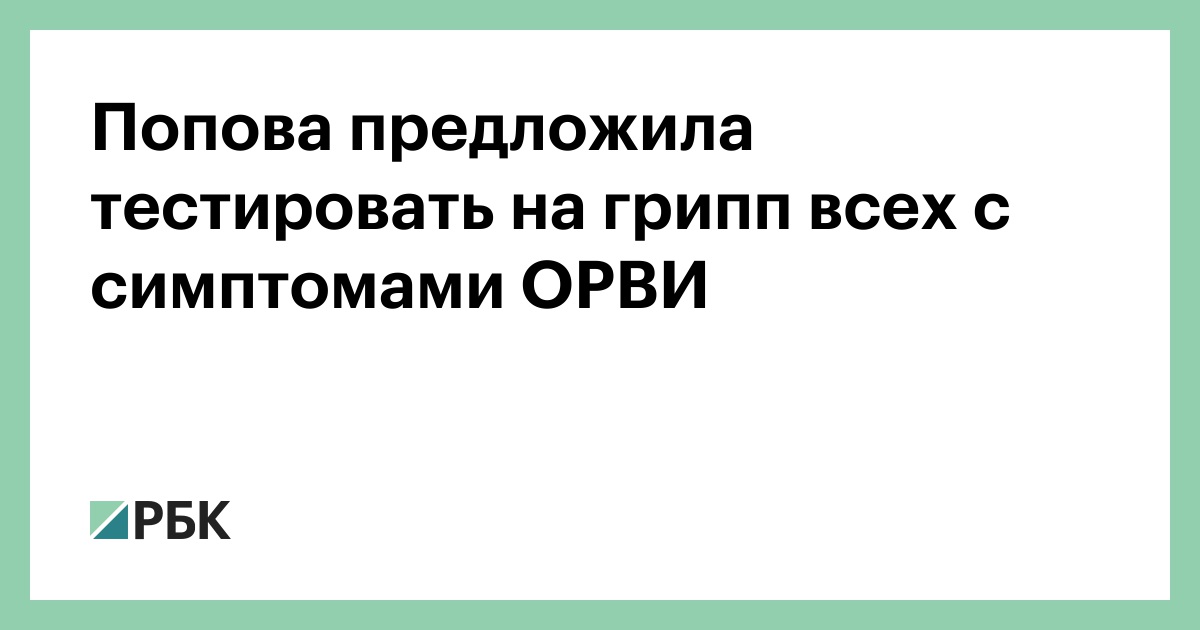
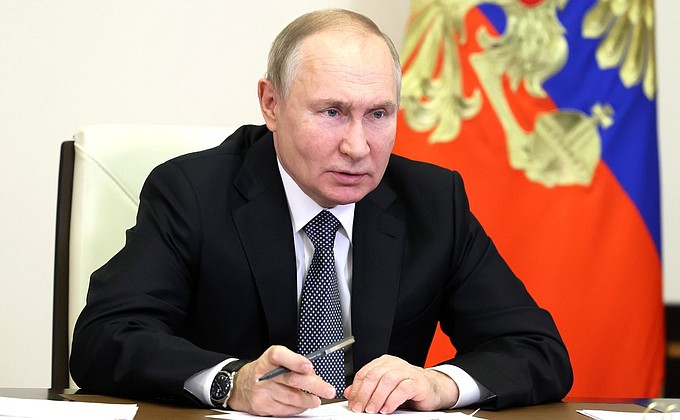
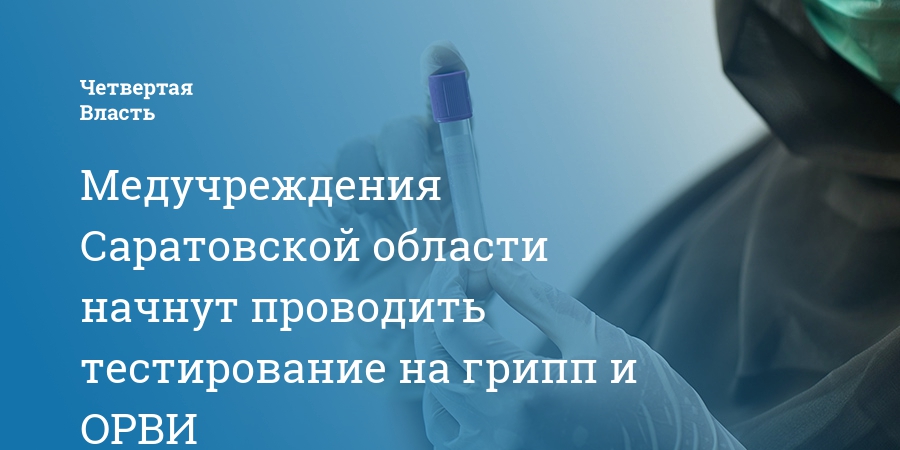

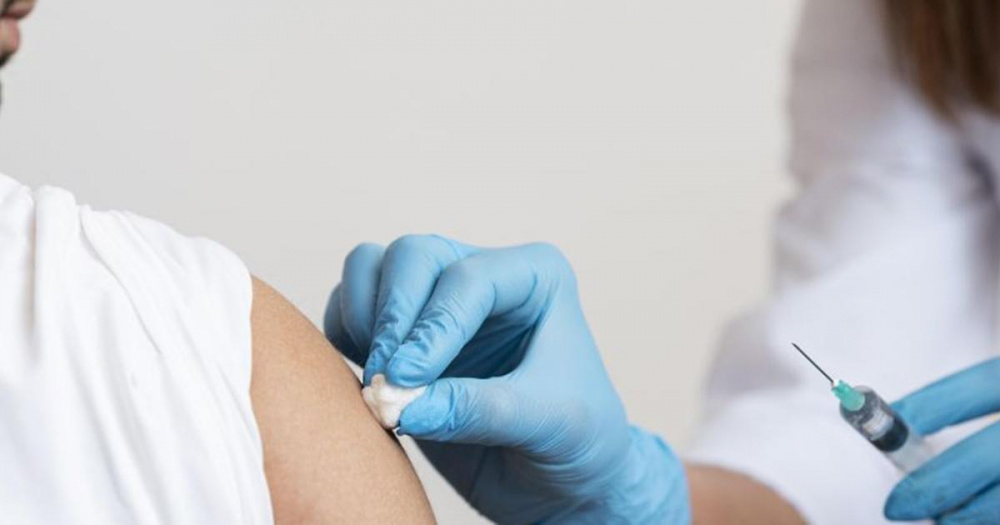
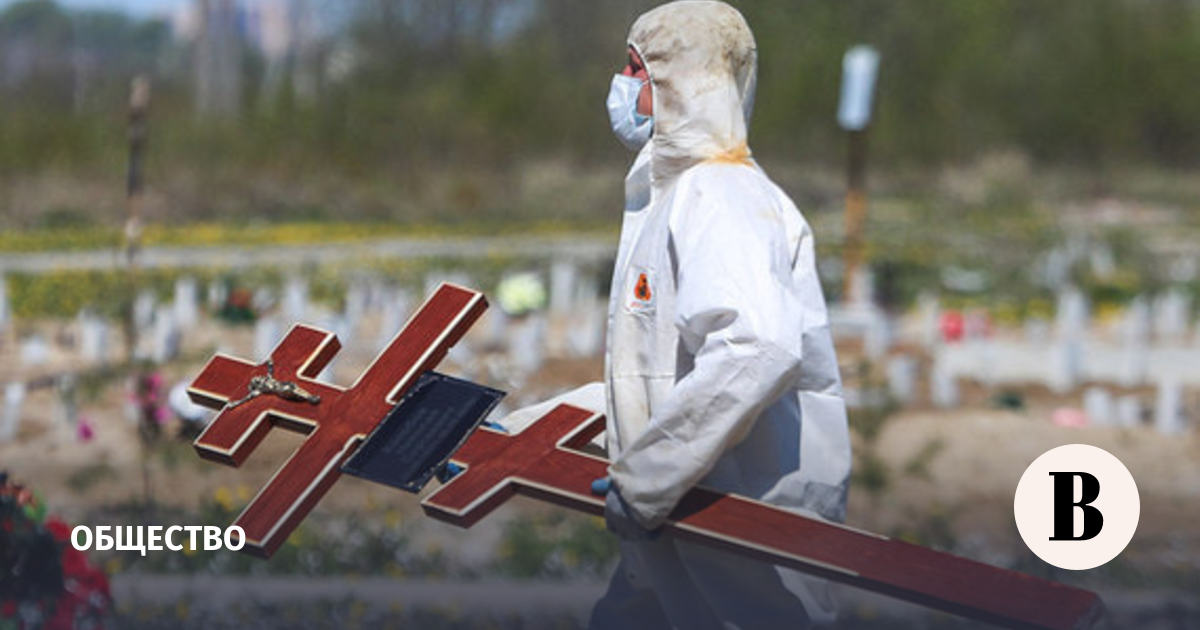
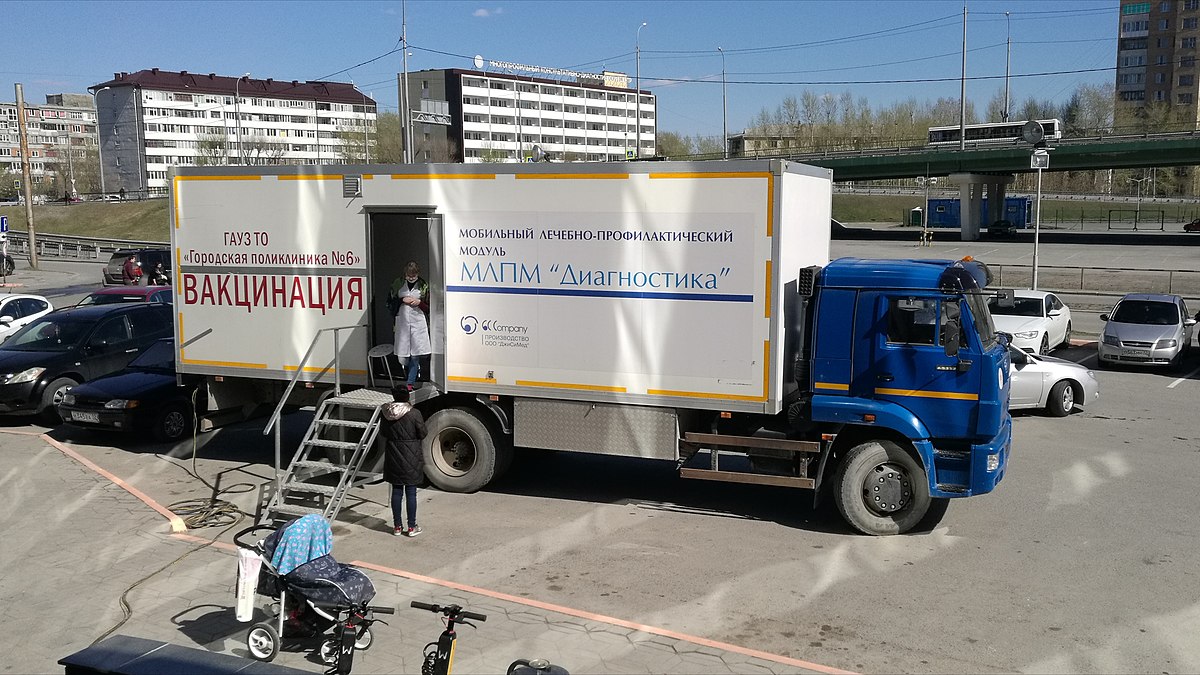



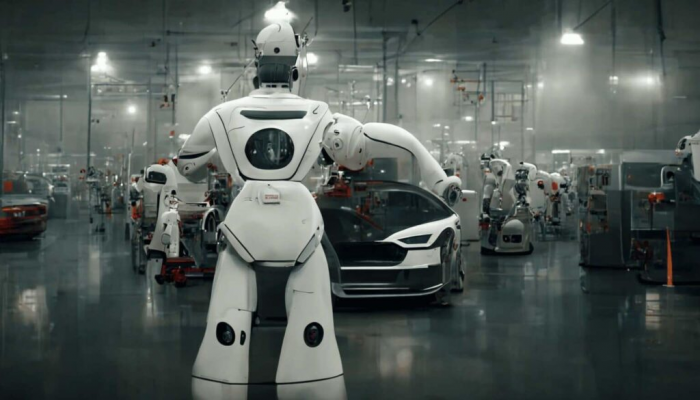

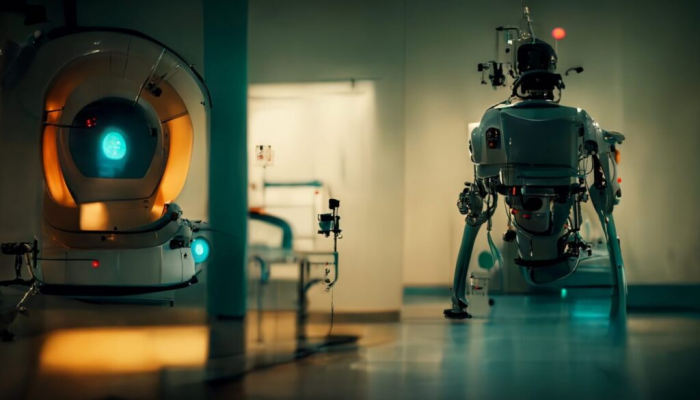
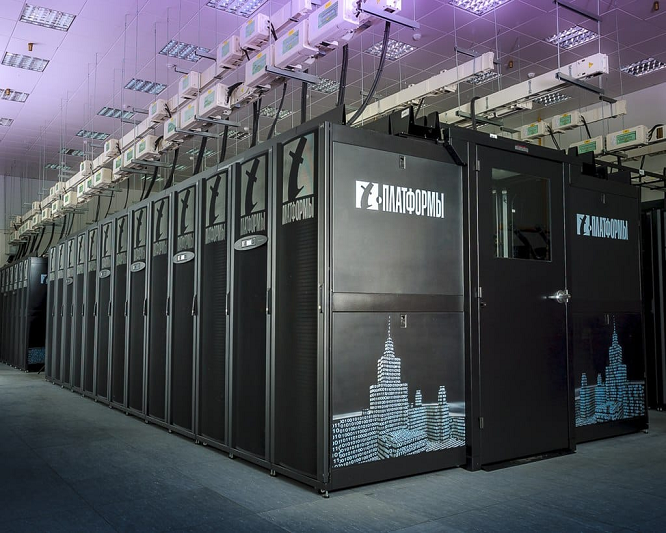
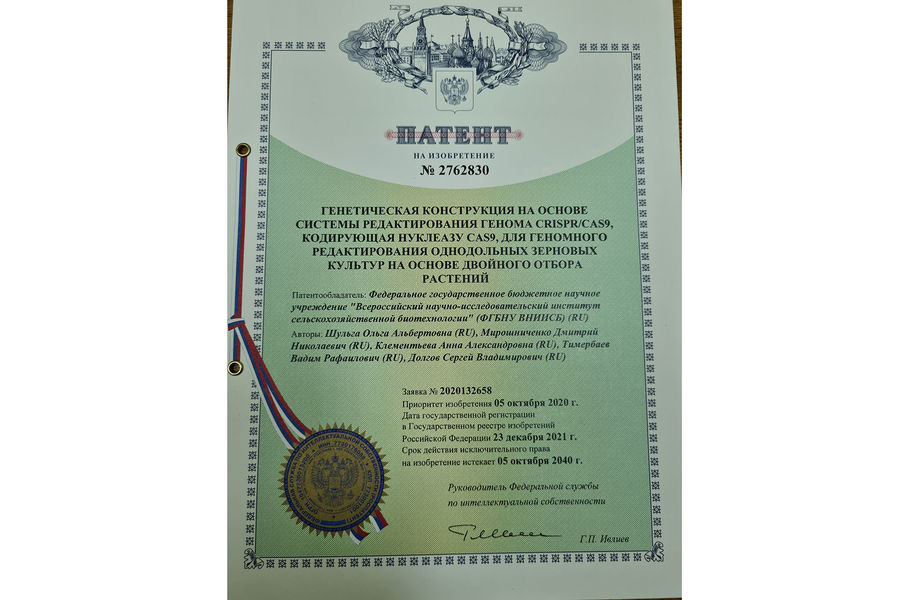
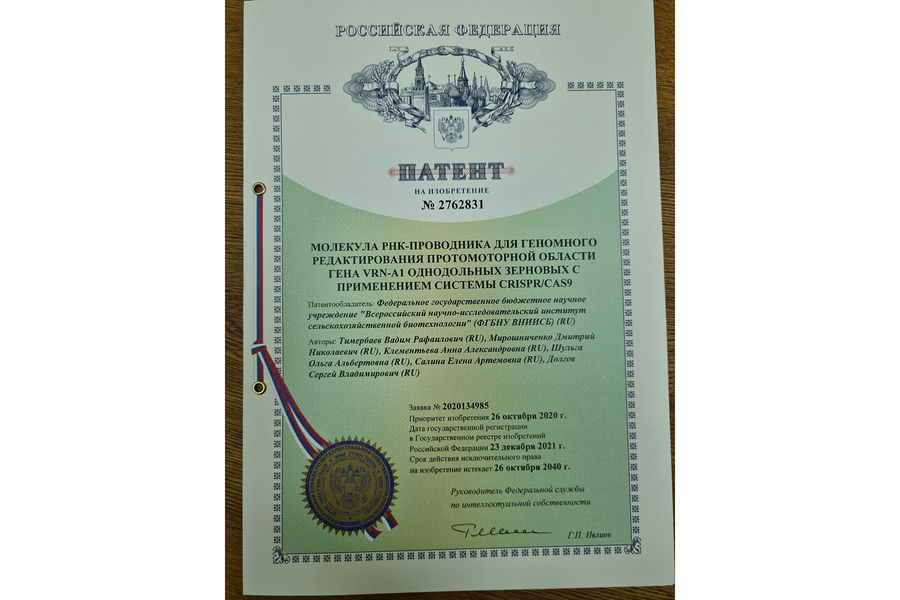
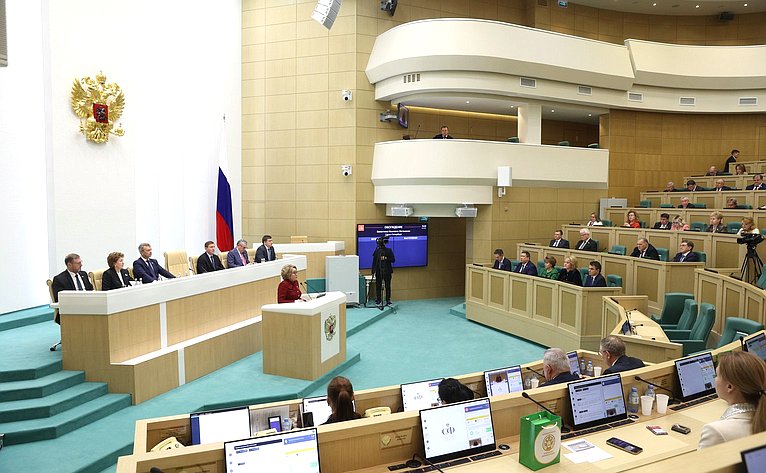
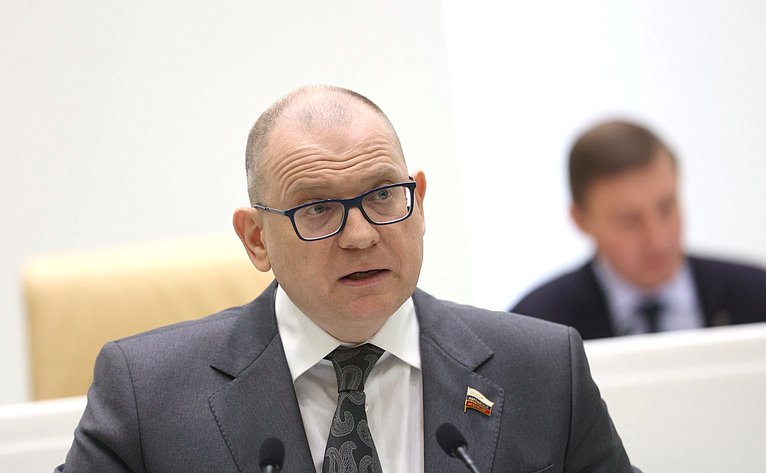



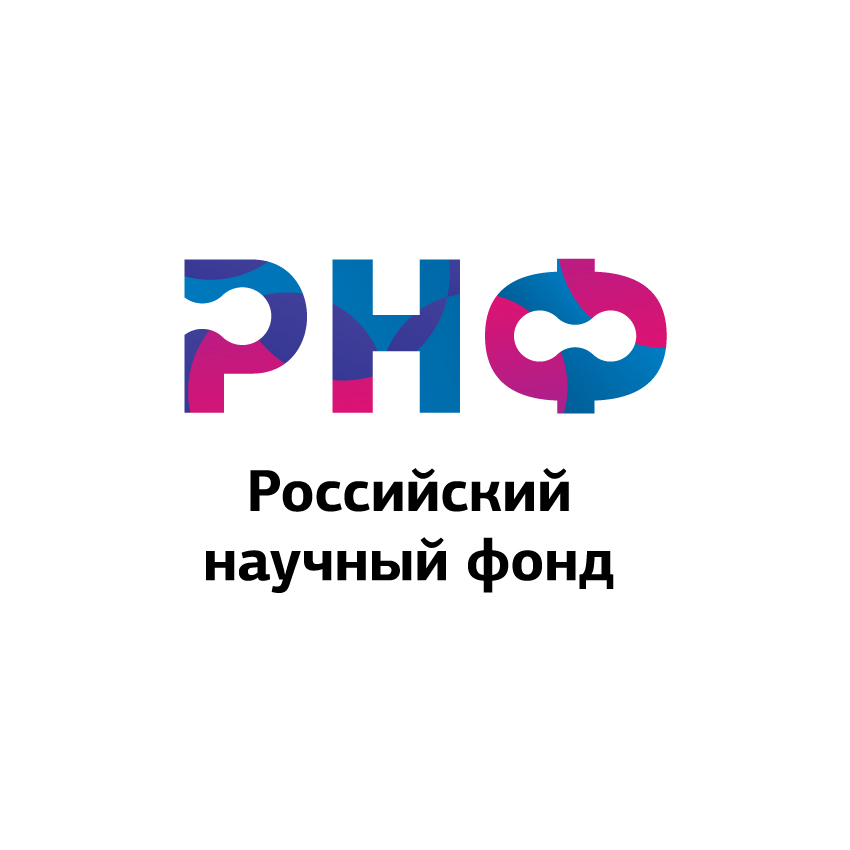
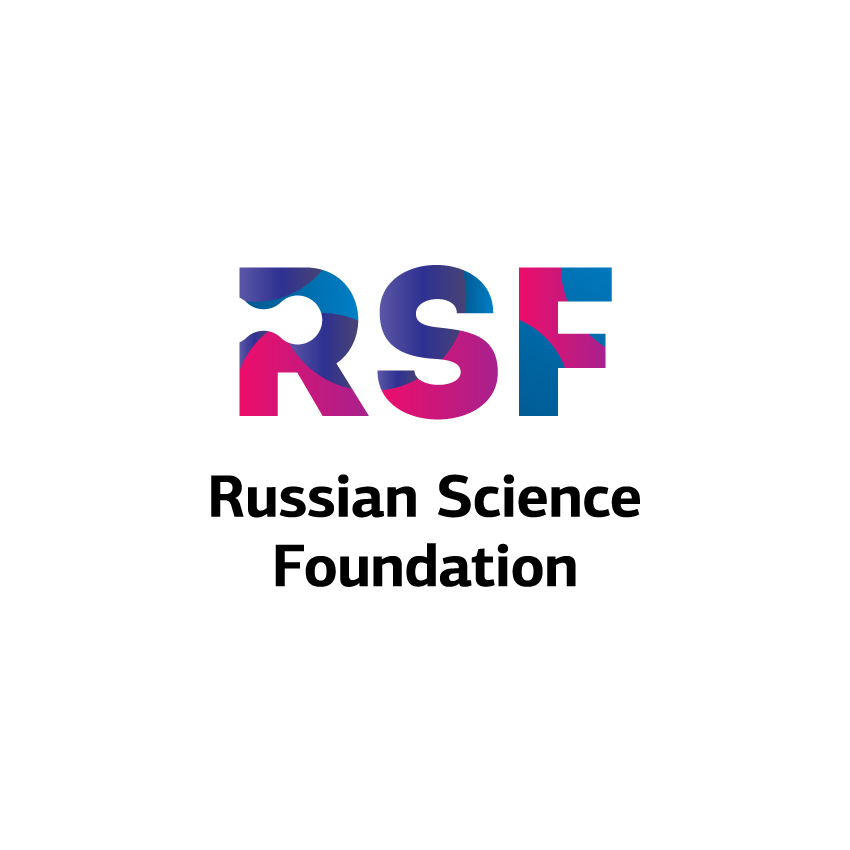
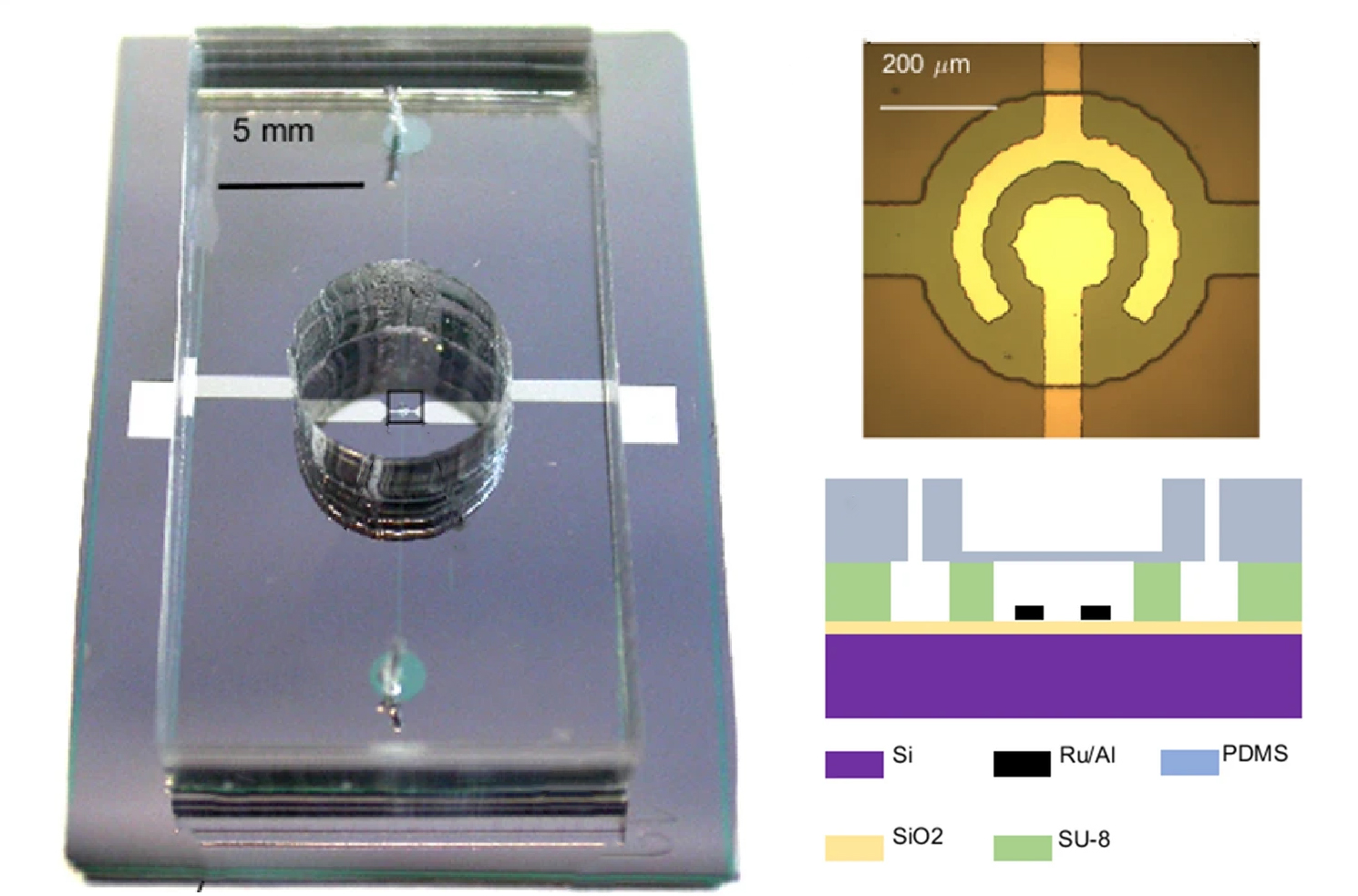



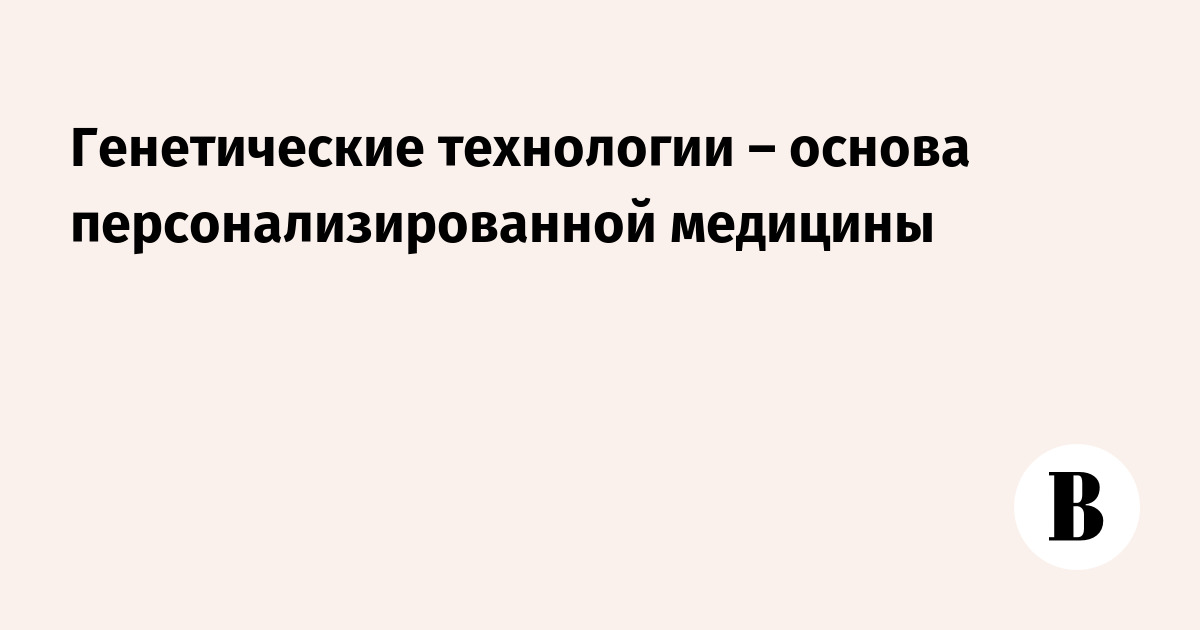

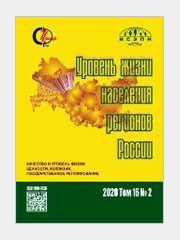
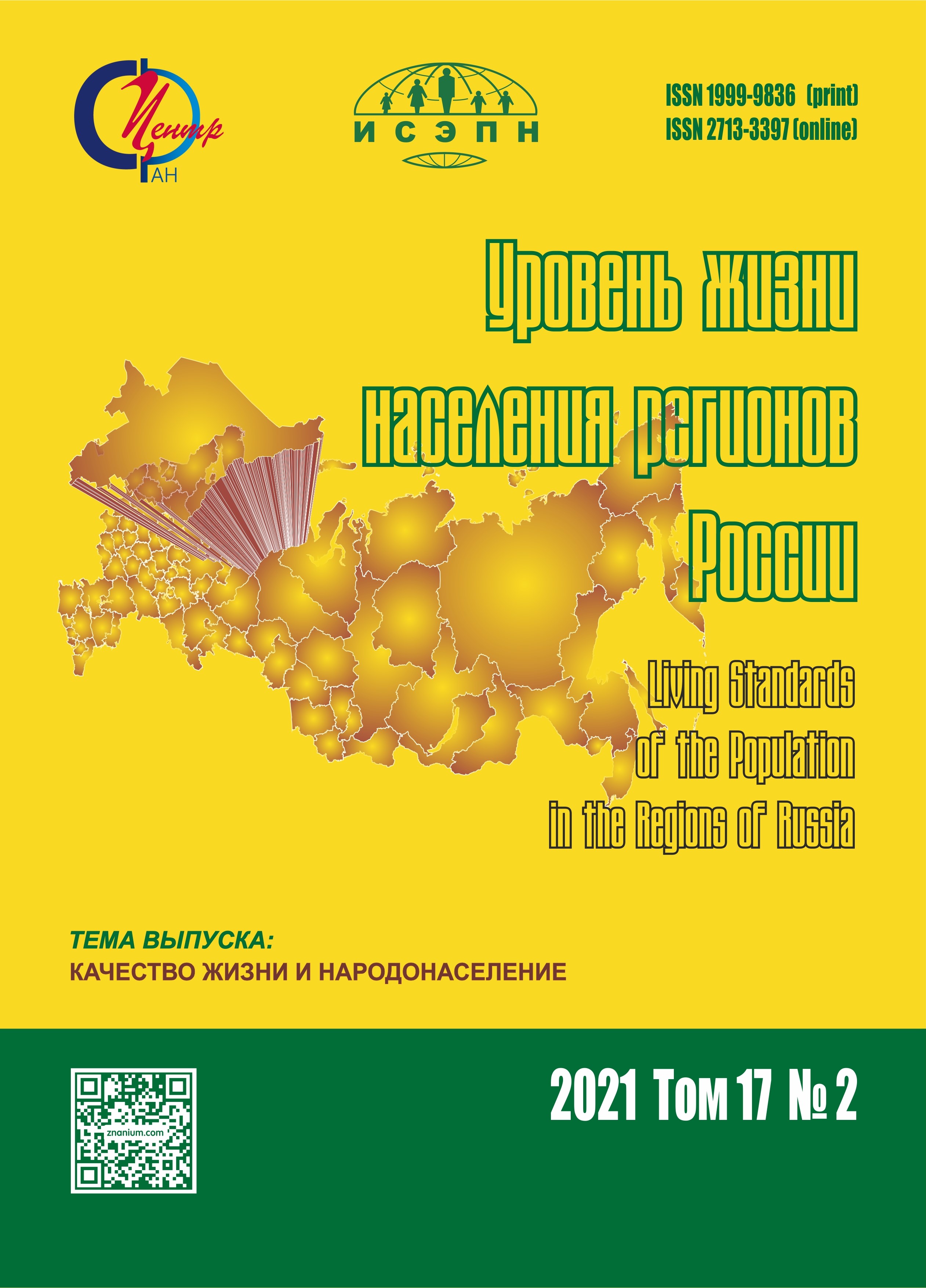
.jpg)




